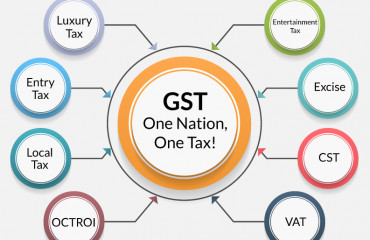
A Gandhinagar-based company selling flour mixes for dishes like idli, dhokla, and dahi vada had argued that these flour mixes should be classified under a category liable to a 5% tax rate
New Delhi: The Gujarat Appellate Authority for Advance Ruling has clarified that flour mixes containing additives attract an 18% Goods and Services Tax (GST) as they fall under a class of food preparations for which a lower tax rate is not specified in the law.
The ruling came in response to an application filed by a Gandhinagar-based company selling flour mixes for dishes like idli, dhokla, and dahi vada. The company argued that these flour mixes should be classified under a category liable to a 5% tax rate.
The authority, in an order on 29 May, said flour mixtures with spices and other ingredients in proportions not specified in the law cannot claim the lower tax rate. This decision upheld an advance ruling given earlier by the Gujarat Advance Ruling Authority.
Also Read: GST authorities drop plans to enforce stricter e-way bill norms
The Authority cited a 2018 revenue department order stating that mixtures of flour of ground pulses and cereals, including those improved by adding "very small amounts of additives", are taxed at zero or 5%. If unbranded, these mixtures do not attract GST, and if branded and packed, they attract 5% tax. However, mixtures with additives in proportions not mentioned in this category cannot benefit from the lower rate.
The appellate authority, relying on the revenue department's order, stated that only flour "with very small quantities of specified substances" qualifies for the lower tax rate. In this case, the additives ranged from 5-27%.
Advance rulings allow companies to seek clarity on tax matters from the authorities, which helps prevent litigation and ensures certainty about their obligations.
Experts said classification of products and services is an area prone to litigation. "Classification disputes are among the most common areas of litigation under GST. Despite the issuance of circulars, differing interpretations of the clarifications provided in these circulars have often elevated the challenges," said Abhishek Jain, indirect tax head and partner at KPMG.
